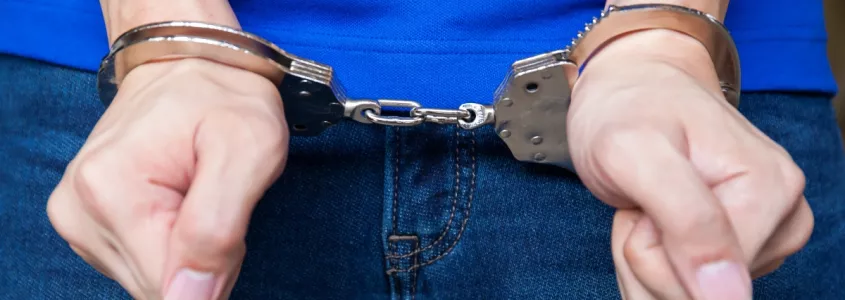
Table of contents
Self-defence is a concept with which we are all familiar. After all, it appears in countless Hollywood films. However, it is common to make mistakes regarding the way in which it is regulated in the Spanish Penal Code. For this reason, we will explain it in depth here. In any case, we recommend that you consult a criminal lawyer if you require personalised advice.
What is self-defence?
We have to turn to Art 20.4 of the Penal Code (Title I, Chapter II) to find the definition of legitimate self-defence. Specifically, it states that, in Spain, anyone who acts in defence of their own or other people's rights, as well as their own person or that of another, is exempt from criminal responsibility. For this, the following requirements must be met:
- There is an unlawful attack. This means that the aggression received must constitute a criminal offence and place the person or their property at risk of serious harm.
- There is a rational need to use a certain means to repel or prevent the unlawful aggression. The means must be proportional and appropriate to the seriousness of the aggression.
- The defender must not have sufficiently provoked the aggression. In other words, if he incites him to commit the act, he cannot claim self-defence.
- The aggression must be committed against protectable property. For example, self-defence could not be invoked in the case of damage that was caused years ago. Nor for the damage resulting from it.
It is worth noting that self-defence or self-defence has evolved over the years in the Penal Code. The reason? Traditionally, this concept was linked to private revenge. For example, a person had the right to "restore his or her honour" if another had attacked him or her.
However, this understanding of self-defence in Spain led to problems in the maintenance of public order. For this reason, it came to be considered in the Penal Code as a symbol of protection against illegitimate aggressions.
The first time that the Penal Code included this concept was in 1949. Some years later, the text differentiated between self-defence and defence of third parties, whether they were family members, friends or strangers. Currently, the definition in force is the one derived from the 2015 reform, which eliminates the possibility of self-defence if the aggression only constitutes a misdemeanour.
Incomplete exonerations
Self-defence, as we have already mentioned, is an exemption from criminal liability. By this we mean that the victim of an aggression can commit a crime with the purpose of preventing it from occurring without the imposition of a penalty.
Here is an example. A woman is attacked in the street by a man with the intention of raping her. However, she knows self-defence techniques and punches her attacker to get away from him, causing various injuries. For example, a broken jaw.
In this case, all the requirements of article 20.4 of the Penal Code are met:
- An unlawful assault has taken place. We are talking, of course, about attempted rape.
- The assaulted property is protectable. It is the woman's body and her sexual integrity.
- The means used are proportional. The woman has used her own hands to repel and avoid the aggression.
- The woman did not provoke the aggressor. He acted with the intention of raping her.
But what would happen if all these requirements were not met? We have given a very obvious example where it is difficult to find the possibility of not fulfilling some of them. However, we can complicate the matter.
For example, let us imagine the case of a home invasion. As is obvious, this is an illegitimate aggression on a protectable asset such as the home. Moreover, there is hardly any provocation. The really important question here is to measure the proportionality of the means used to repel the aggressor's entry.
If the victim uses any possible means to reduce the aggressor and hold him until the authorities arrive, we would be dealing with a proportionate means. But if he pulls out a weapon and ends his life, he will most likely not be able to claim self-defence. Especially if you do not have the required permits to possess and use it.
A truly complex issue
As we have seen, self-defence leaves an important part of the responsibility to the interpretation of the judge judging the case. This is true even in the case of police officers, civil guards and other law enforcement officers, who are obliged to justify the use of their firearms in the event that they are fired.
In any case, we hope to have shed some light on the concept of legitimate self-defence or self-defence in Spain. Contrary to what is often portrayed in Hollywood films, it is much more complex than one might imagine.

"Anywhere in Spain"
With our online appointment system you will have immediate advice without the need for face-to-face visits or travel.
One of our lawyers specialized in your area of interest will contact you to formalize an appointment and make your consultation by video call.

Add new comment